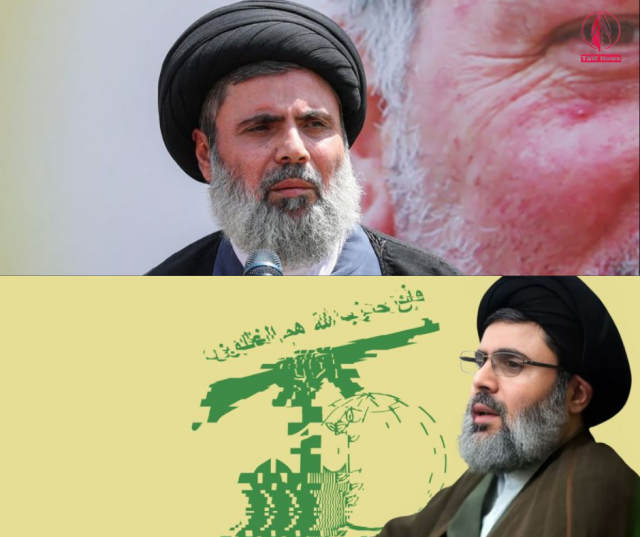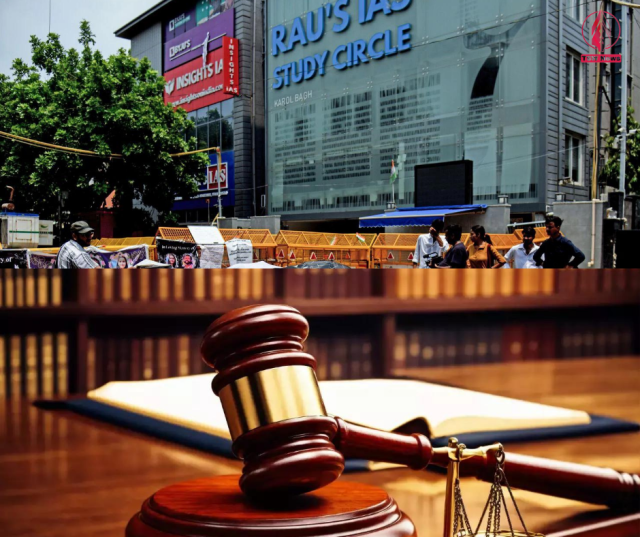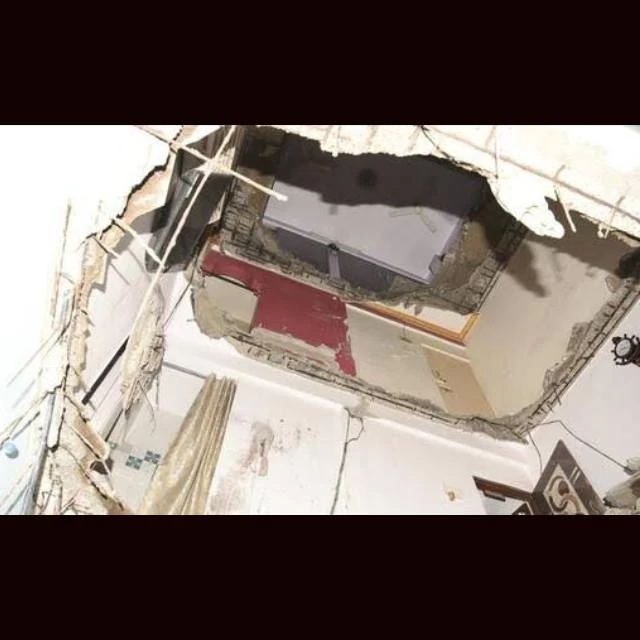Hashem Safieddine: Key Figure in Hezbollah’s Leadership Amid Tensions with Israel
- Posted on October 4, 2024
- News
- By Arijit Dutta
- 81 Views
Israeli airstrikes in Beirut targeted Hezbollah's intelligence headquarters, allegedly aimed at Hashem Safieddine, a potential successor to the late Hassan Nasrallah. As tensions rise, Safieddine’s future in Hezbollah leadership remains uncertain amidst ongoing conflict and speculation regarding the group’s direction.

An Israeli airstrike on Thursday targeted Hezbollah's intelligence headquarters in Beirut, reportedly aimed at Hashem Safieddine, a prominent figure in the organization and a potential successor to the recently deceased Hassan Nasrallah. This attack occurred in the wake of heightened conflict between Hezbollah, backed by Iran, and the Israeli military, which has intensified with recent Israeli operations against Hezbollah's leadership.
Safieddine, born in 1964 in Tyre, Lebanon, is a first cousin of Hassan Nasrallah and has been involved with Hezbollah since 1994. He rose through the ranks quickly, becoming a member of the Majlis al-Shura, Hezbollah's highest council, and was elected president of the Shura Tanfiziyah, the group's executive council, in 2001. He has also held the military command for Hezbollah in southern Lebanon since 2010.
While Safieddine is often recognized for wearing a black turban, symbolizing his claim to descent from the Prophet Muhammad, his leadership status has become more prominent following Nasrallah's death. Speculation about his role intensified when he was rumored to be appointed as Nasrallah's successor, a claim that has been met with denials from Hezbollah's official communications.
Also Read: Tragic Shooting of Unani Practitioner in Jaitpur Extension
The escalating violence has seen the deaths of several key Hezbollah leaders, raising concerns about the group's future direction. As Israel continues its military operations targeting Hezbollah figures, the fate of Safieddine and the overall stability of Hezbollah's leadership remain uncertain, with potential implications for regional security.




